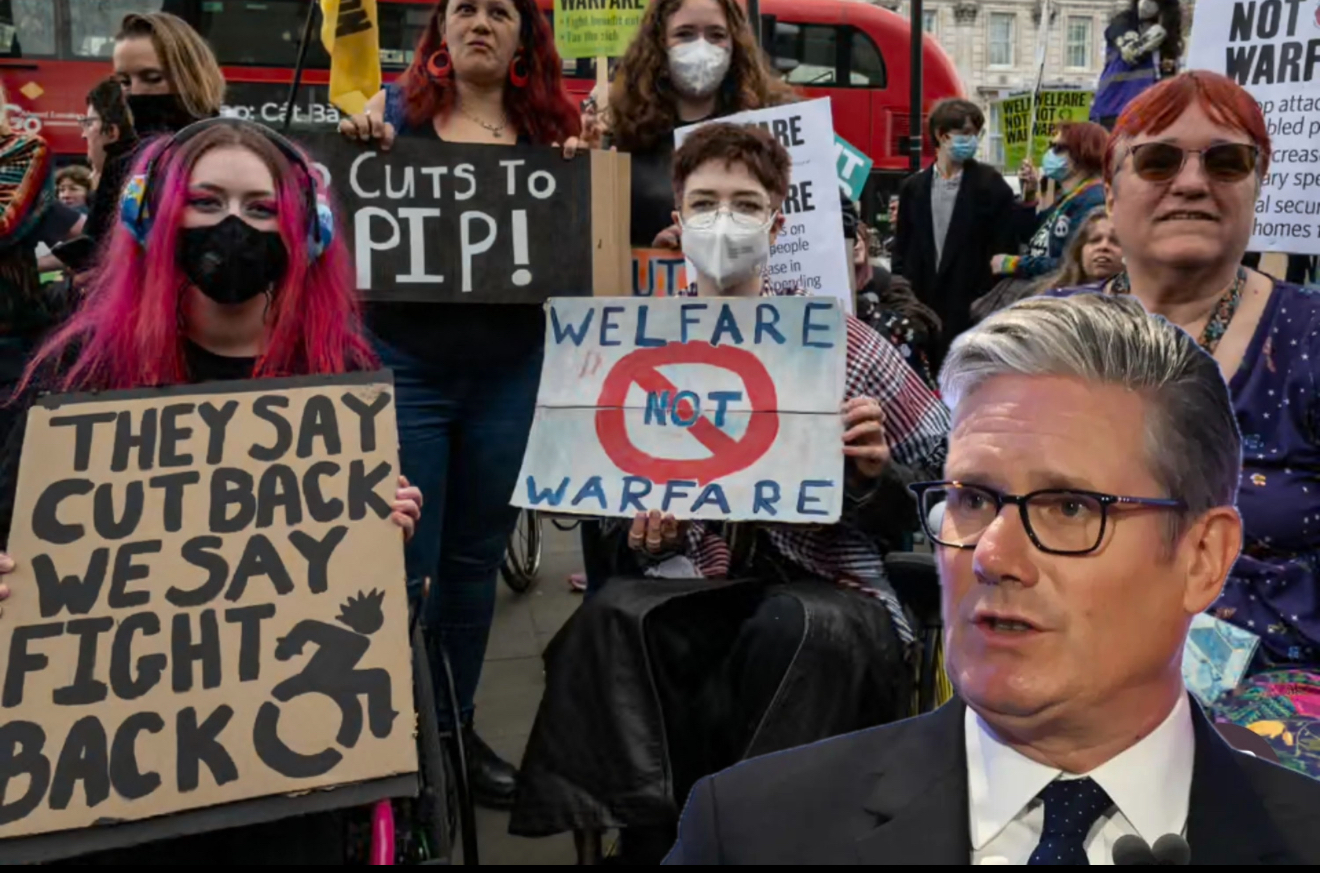

Prime Minister Sir Keir Starmer has rolled back key parts of his government’s proposed welfare reforms after facing a major rebellion from Labour MPs. The planned cuts to Personal Independence Payments (PIP) and the Universal Credit health component will now apply only to new claimants, ensuring existing recipients retain their current level of support.
More than 120 Labour MPs backed an amendment against the original plan, forcing a rethink to avoid a damaging Commons defeat. The changes, originally pitched as a cost-saving measure, are now expected to add around £3 billion to public spending, according to the Resolution Foundation.
Downing Street insists the move won’t result in a “permanent” rise in government borrowing. However, a spokesperson confirmed that how the reforms will be funded—potentially through tax rises—will be revealed in the Autumn Budget.
Disability charities have criticised the approach as creating a “two-tier system” that may discourage disabled people from working. Meanwhile, critics argue the U-turn shows a lack of leadership strength just months into Starmer’s first term.
The revised bill will go to a Commons vote on 1 July 2025.